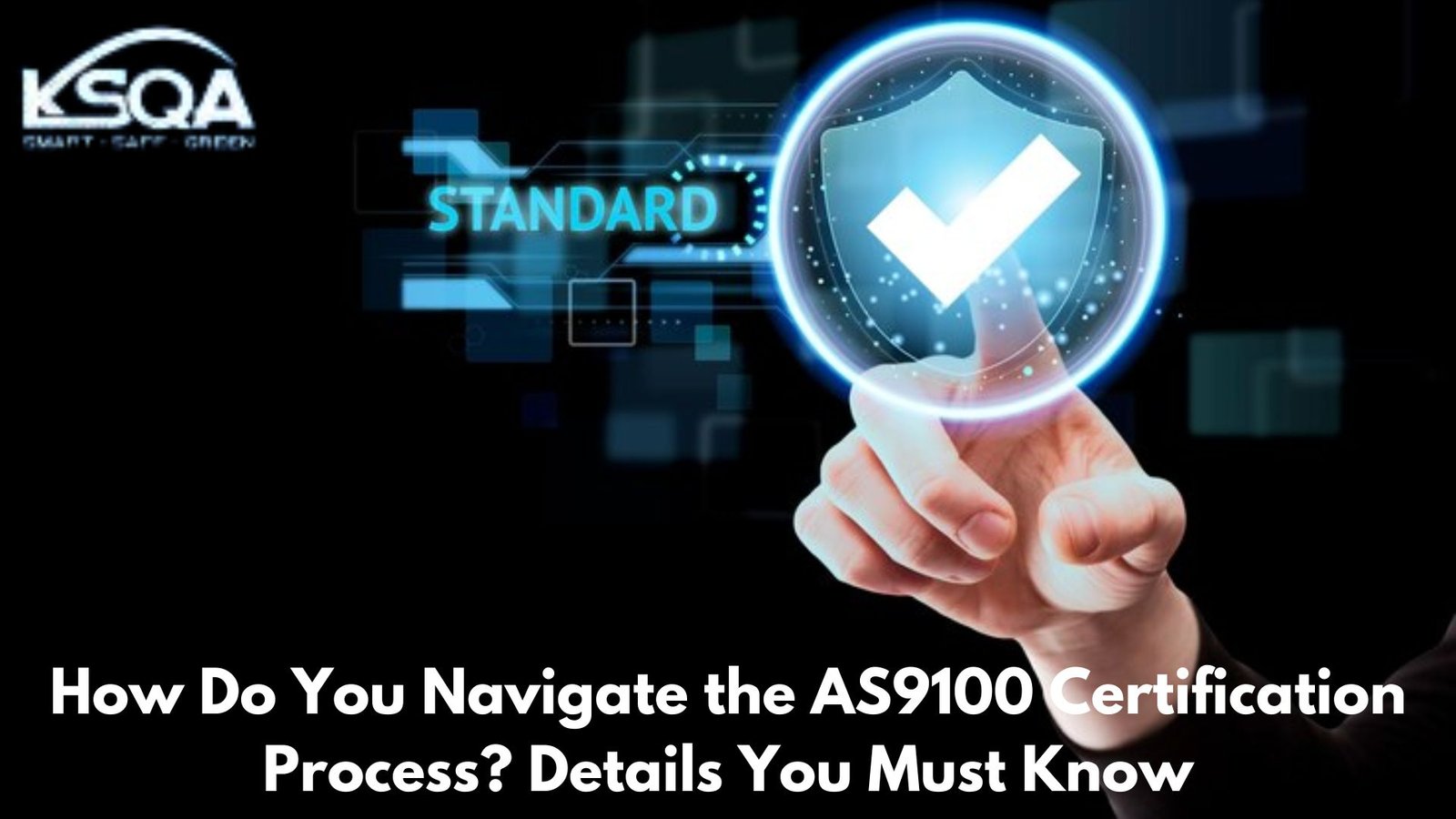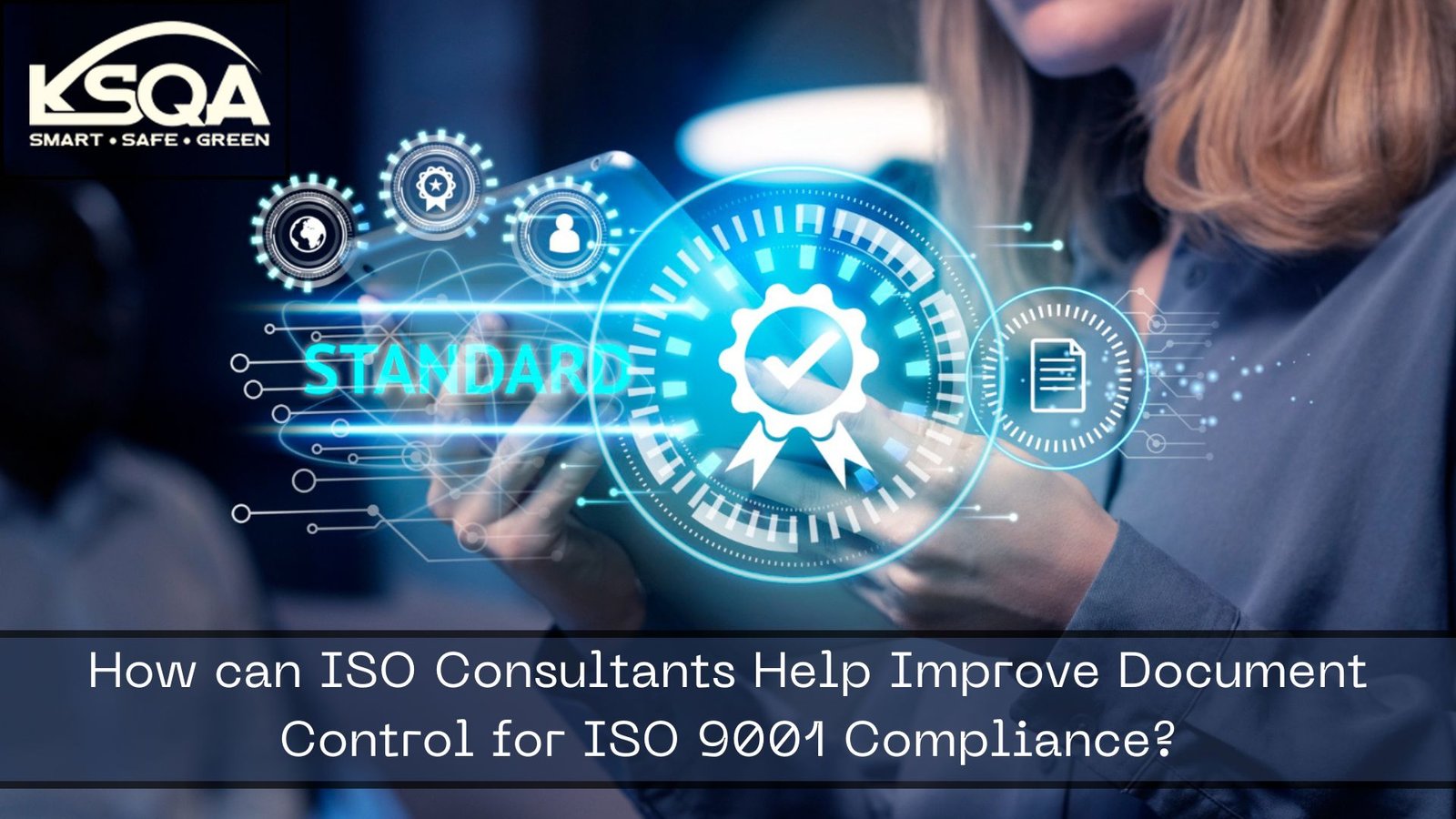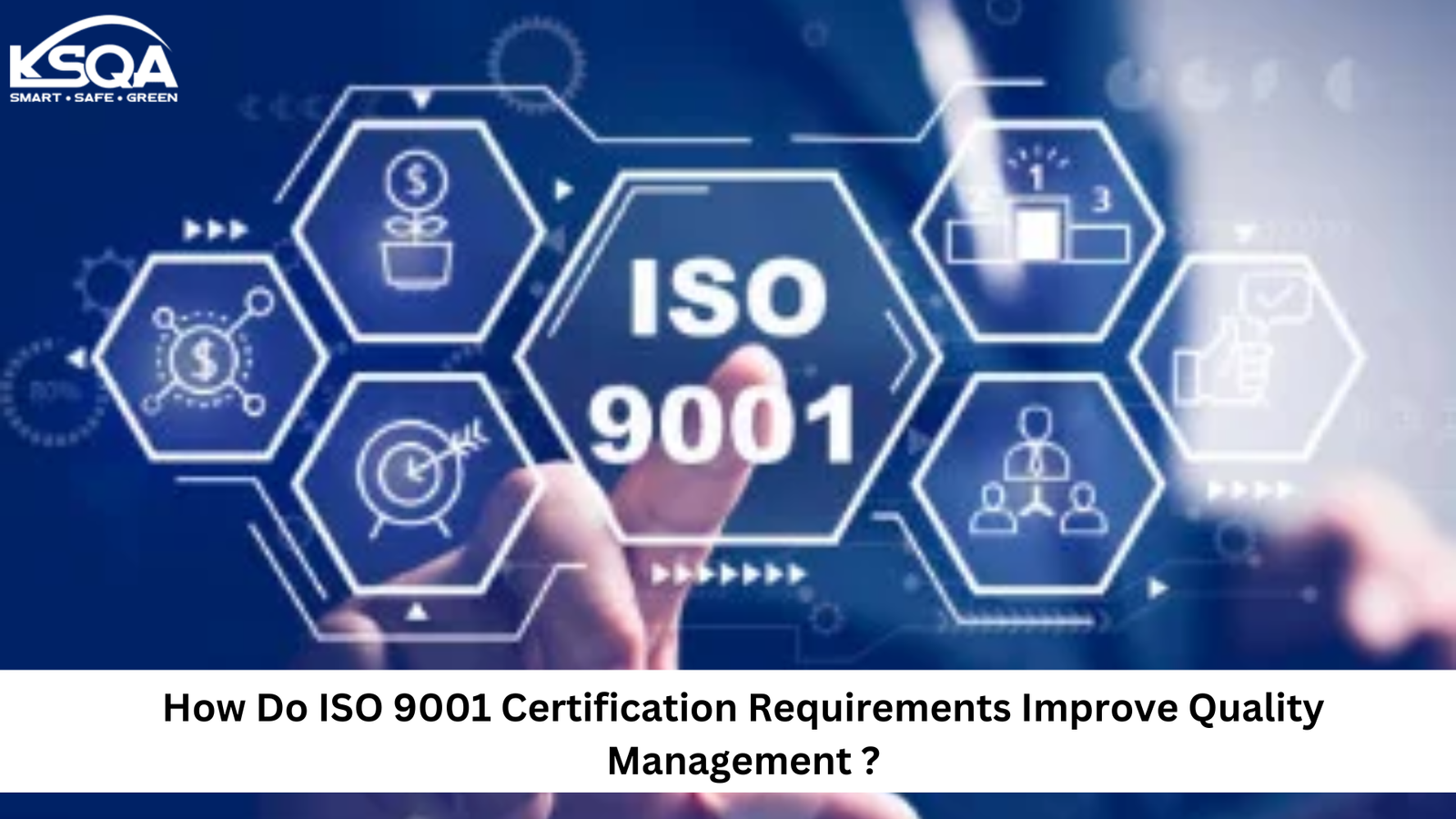AS9100 certification is crucial for companies in the aerospace industry. It ensures quality management systems (QMS) meet stringent industry standards.
According to the International Aerospace Quality Group (IAQG), AS9100 certification enhances product quality and customer satisfaction. Knowing "what is AS9100 certification" and understanding the "AS9100 certification process" can significantly benefit your business.
Achieving this certification helps improve operations and opens doors to more business opportunities.
The importance of such certifications is reflected in the growing ISO certification market.
In 2024, this market was valued at USD 13,745.12 million, and it's projected to expand at a compound annual growth rate (CAGR) of 14.67%, reaching USD 31,249.8 million by 2032.
This substantial growth underscores the increasing global emphasis on quality management standards across industries, including the specialized AS9100 for aerospace.
In this blog, we will explain how to navigate the AS9100 certification process. Along with 12 essential points in simple terms to help you understand and achieve AS9100 certification.
What is AS9100 Certification?
AS9100 is a quality management standard specifically for the aerospace industry.
It builds on ISO 9001 with additional requirements for aviation, space, and defense. Understanding "what is AS9100 certification?" is the first step in the process. This certification shows your commitment to meeting strict industry standards and ensures the highest quality.
What You Must Know to Successfully Achieve AS9100 Certification?
Benefits of AS9100 Certification
AS9100 certification improves product quality, operational efficiency, and customer satisfaction. It also enhances your market reputation and can open doors to new business opportunities.
Certified companies often see reduced risks and better business relationships within the aerospace sector.
Initial Assessment
Begin with an initial assessment of your current QMS. Identify gaps between your processes and AS9100 requirements.
This helps in planning the necessary improvements. An accurate assessment provides a clear roadmap for implementing the needed changes.
Management Commitment
Top management must be committed to achieving AS9100 certification. Their support is vital for allocating resources and driving the implementation process. Management commitment ensures that the necessary changes are prioritized and sustained over time.
Employee Training
Train your employees on AS9100 standards and requirements. Ensure they understand their roles in maintaining quality management systems. Well-trained employees are crucial for successfully implementing and maintaining the standards.
Documentation
Proper documentation is crucial for AS9100 certification. Document all processes, procedures, and policies as per AS9100 standards.
This ensures consistency and traceability. Detailed records also make it easier to demonstrate compliance during audits.
Implementation
Implement the necessary changes to align your QMS with AS9100 standards. This may involve revising processes, adopting new practices, and ensuring compliance with the requirements.
A phased approach to implementation can help manage the transition smoothly.
Internal Audits
Conduct internal audits to evaluate the effectiveness of your QMS. Identify areas for improvement and take corrective actions.
Regular audits help maintain compliance and readiness for the certification audit. They also provide insights into continuous improvement opportunities.
Corrective Actions
Address any non-conformities identified during internal audits.
Implement corrective actions to prevent recurrence and ensure continuous improvement. Timely corrective actions demonstrate your commitment to maintaining high standards.
Certification Audit
Schedule a certification audit with an accredited certification body. The auditor will assess your QMS against AS9100 standards.
Be prepared to provide evidence of compliance. A successful audit is a significant milestone in your certification journey.
Cost Considerations
Understanding the "AS9100 certification cost" is essential. Costs may include initial assessments, training, documentation, implementation, and certification audits.
Investing in AS9100 certification can yield long-term benefits for your business. Budgeting for these costs helps ensure a smooth certification process.
Key Documentation Required For The AS9100 Certification Process
Conclusion
Navigating the "AS9100 certification process" can be challenging, but it is achievable with proper planning and commitment.
By following these 12 steps, you can ensure a smooth journey towards AS9100 certification, improving your business's quality management and competitive edge. Certification not only demonstrates compliance but also drives overall business performance.
Are you planning to get an AS 9100 certificate? Well, at KSQA, you get expert guidance and support to help you achieve AS9100 certification. Visit the website to learn more about how KSQA can help you achieve AS9100 certification.


.jpg)




